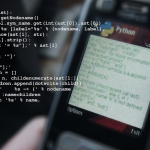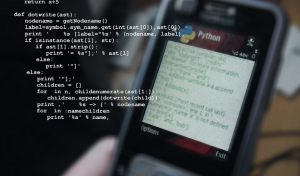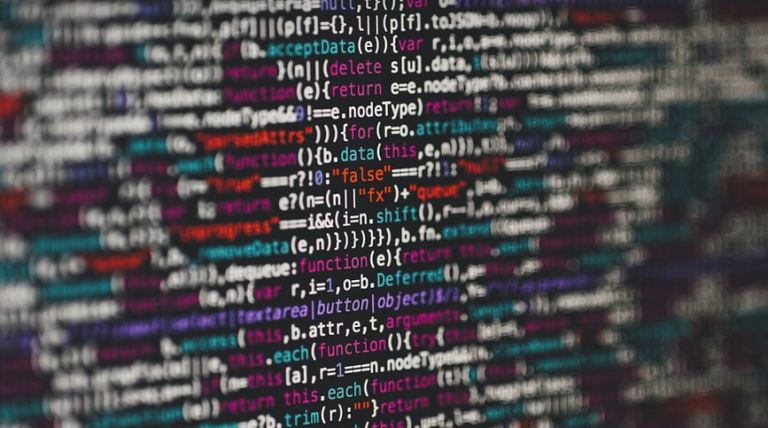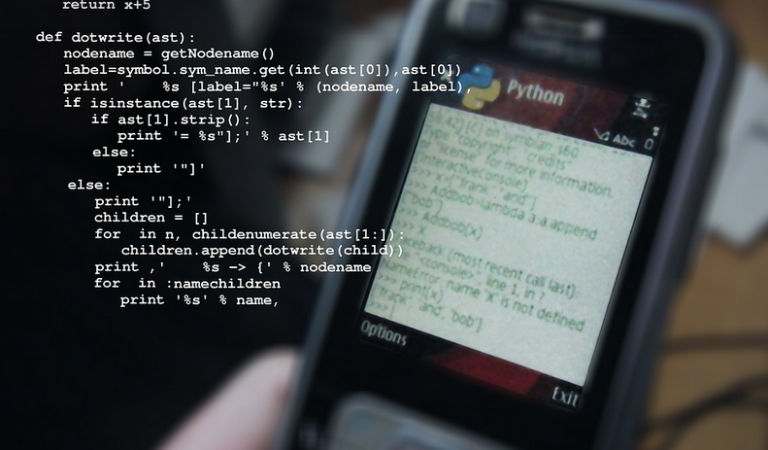Your Guide to Cracking the Code
So, you’re ready to dive into the thrilling world of game programming? You’ve got your creative juices flowing and a head full of pixelated dreams. But wait! Before you start building your first-person shooter or crafting that mesmerizing 3D environment, there’s something crucial you need to master: Game Programming interview questions. They can be intimidating, but trust me, they’re designed to test your knowledge and prepare you for the real deal.
First things first, let’s shed some light on why these “interview questions” are actually a vital part of the game development journey. You see, when programmers create games, they want to ensure that their code is not only functional but also efficient enough to run smoothly and seamlessly across various platforms. Game programming interview questions help employers gauge your problem-solving skills, understanding of core concepts, and ability to articulate complex ideas clearly.
Now, picture this: you’re sitting across from a hiring manager, the clock ticking down, and they throw a question at you like a rogue asteroid headed straight for your codebase. It could be anything! A simple “Explain how collision detection works in a game.” or something as challenging as “How would you optimize game physics to minimize lag?” The key here is preparation.
Before jumping into the interview, let’s break down some of the common themes that often appear: **The Core Concepts:** These are the building blocks of any good game – they form the foundation for everything else. Understanding these can be a lifesaver in interviews. Game development is all about understanding how things work together, from basic physics to player-controlled characters (think movement and interaction).
**Object-Oriented Programming:** You should know this like the back of your hand! This programming style lets you create reusable components that make up complex objects in your game. Think about it like assembling LEGO bricks. Each brick is an object, and by connecting them together, you can build all sorts of intricate structures.
**Game Engines:** These are the software tools that provide a framework for developing games. They come with pre-built components for rendering graphics, handling physics, managing game events, and much more. The most popular options include Unity, Unreal Engine, Godot, and GameMaker Studio 2.
**Game Design Basics:** Beyond the technical side, understanding the principles of good game design is crucial. Think about game mechanics, level design, player experience, storytelling, and balance – these elements all contribute to a successful game.
Common Interview Questions for Game Programming
Let’s dive into some actual interview questions you might encounter:
- **”Explain the difference between procedural and scripted generation in game design.”** This question tests your understanding of how to create environments and characters.
- **”Describe a time when you faced a challenging technical obstacle while developing a game and how you overcame it.”** This explores your problem-solving skills and ability to think critically.
- **”Can you walk me through the process of adding a new feature to an existing game using your preferred engine?”** This assesses your experience with engine development and project management.
- **”How would you implement dynamic lighting effects for a futuristic city scene in your game?”** This probes your ability to apply technical knowledge to real-world scenarios.
Beyond the Technicalities: Soft Skills that Shine!
Remember, being a good programmer is not just about knowing code; it also requires strong communication and interpersonal skills. Here are some soft skills that will make you stand out in interviews:
- **Communication:** Being able to clearly and concisely explain your technical ideas to both tech-savvy and non-technical audiences is a valuable skill.
- **Teamwork:** Game development is often collaborative. Show that you’re willing and capable of working effectively within a team structure.
- **Adaptability:** The gaming industry is ever-evolving. You need to be comfortable with learning new technologies, adapting to changing requirements, and tackling challenges creatively.
Your Game Dev Journey Begins!
So there you have it – a peek behind the curtain of game programming interviews! Remember: preparation is key. Study core concepts, understand your skills and experience, and be patient with learning. With dedication and a dose of creativity, you’ll be well on your way to mastering the art of game development.















